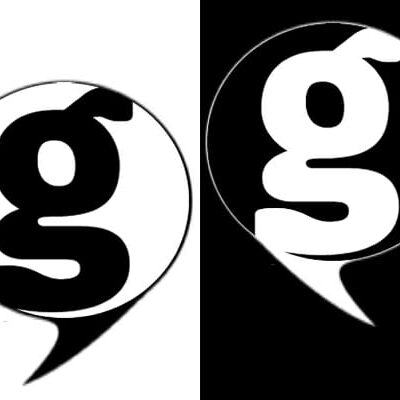

Salary satisfactory jobs often require government funding, but since the government is continuing to make cutbacks in the public service sector, fewer jobs will be available with good pay. This forces more people into minimum wage jobs, including well-educated members of society.
With qualified graduates being denied high paying jobs in their areas of expertise, they are forced into jobs that pay much less than the debts of their education are worth, taking up space in occupations where students and less educated individuals should be employed.
Despite the fact that many are lucky to have a job to go to (whether it be minimum wage or otherwise), low paying jobs are becoming even less desirable.
With a debate going on about two-tiered wages, it’s easy to imagine how things could get worse for the working class. According to an article in *The Chronicle Herald*, New Brunswick is considering paying a different minimum wage to workers who are in a position to earn tips. This means that workers will receive less money per hour because they receive tips on their shifts.
Luc Erjavec, Atlantic vice president of the Canadian Restaurant and Foodservices Association, is hoping for as much as a $1.50 difference between minimum wage and minimum wage jobs supplemented by tips in New Brunswick. It’s possible that Nova Scotia may take on a similar policy in the future.
Larry Haiven, a professor in the business department at Saint Mary’s University, says that when one province switches to a two-tiered minimum wage system, it’s expected that other provinces will consider doing the same. This hardly seems fair.
As a student who spends my summer working at a minimum wage job that is accompanied by tips, I feel that tips are very much separate from my paycheck. After working in customer service, I’ve found it’s not the most desirable occupation and my tips always feel well-deserved. People in customer service work hard to please the customers they wait on, and the money offered to them for good service shouldn’t belong to the government.
It’s hard enough to find a job as it is. I sent out 30 resumes one summer only to receive two job offers. That’s a relatively unbalanced ratio, and it doesn’t give me many options, forcing me to remain in the job I have until I graduate. According to an article on the University Affairs website, even PhD graduates have only a 20 per cent chance of receiving an academic position after graduation.
If the government continues to cut funds to higher paying positions and forces people into lower paying jobs, it’s inevitable that less people will be willing to get an education. This could lead to difficulty finding people to work in fields necessary to keep a country, or even a society, functioning in the future.
If everyone is involuntarily placed in minimum wage positions, there will be no jobs available for people with fewer qualifications, or the education necessarry for more specialized positions.
It’s a vicious cycle. With the cost of living rising and student debt increasing, something needs to be done to prevent a monetary crash among the working class. The bottom line is that now is not the time for the government to be cheap.






